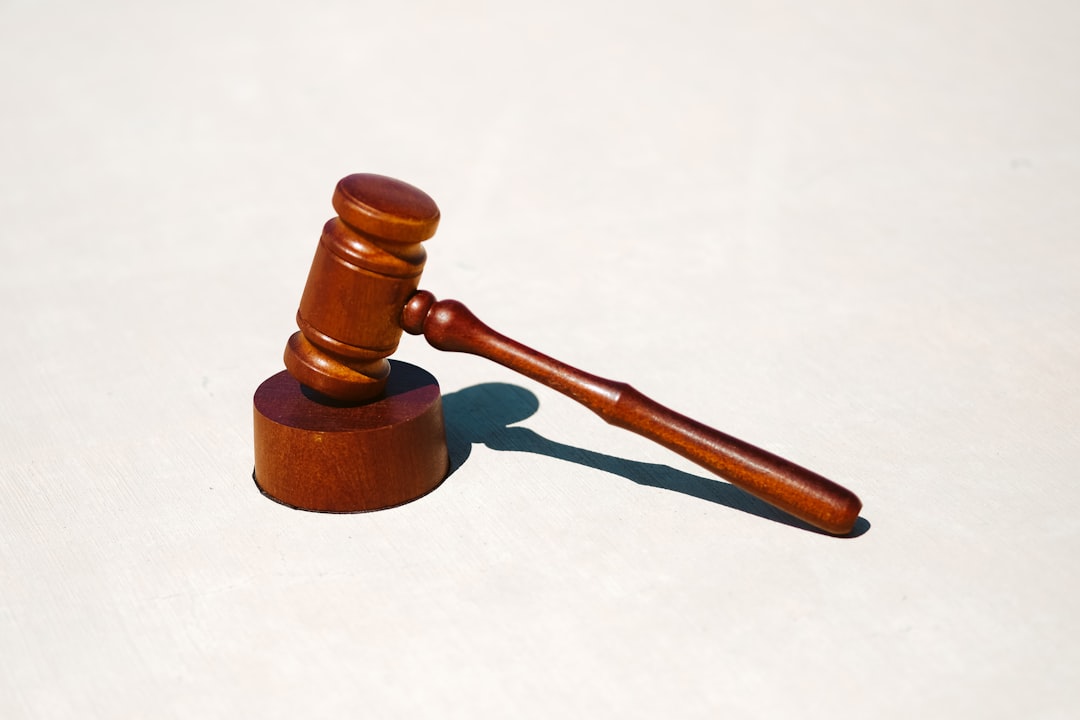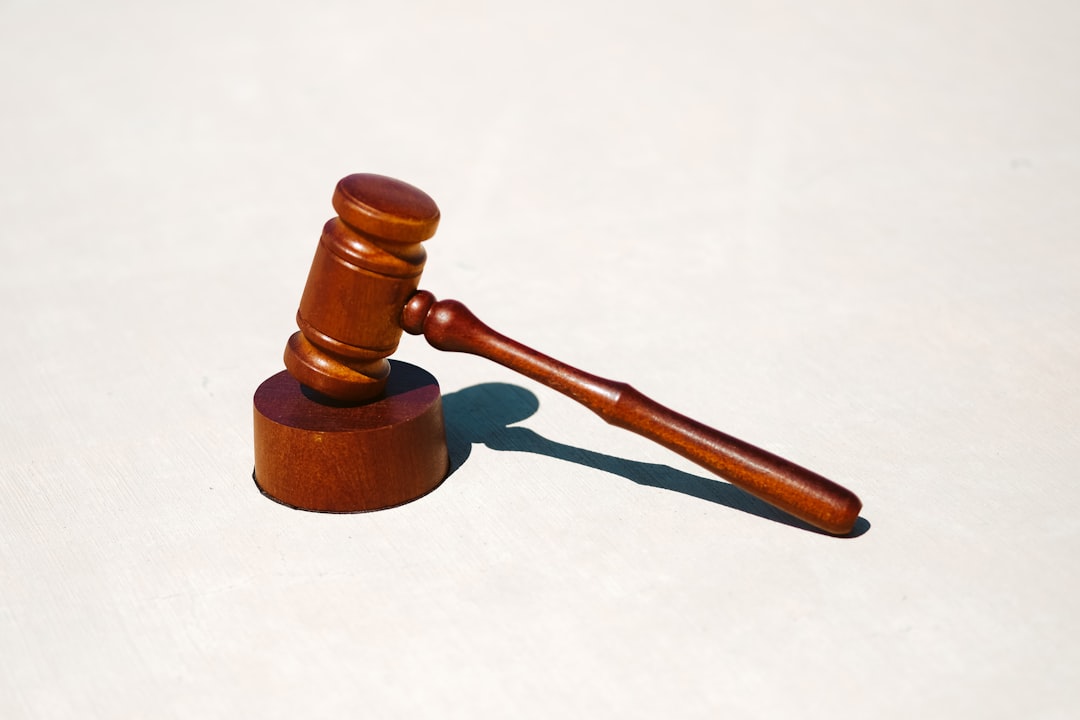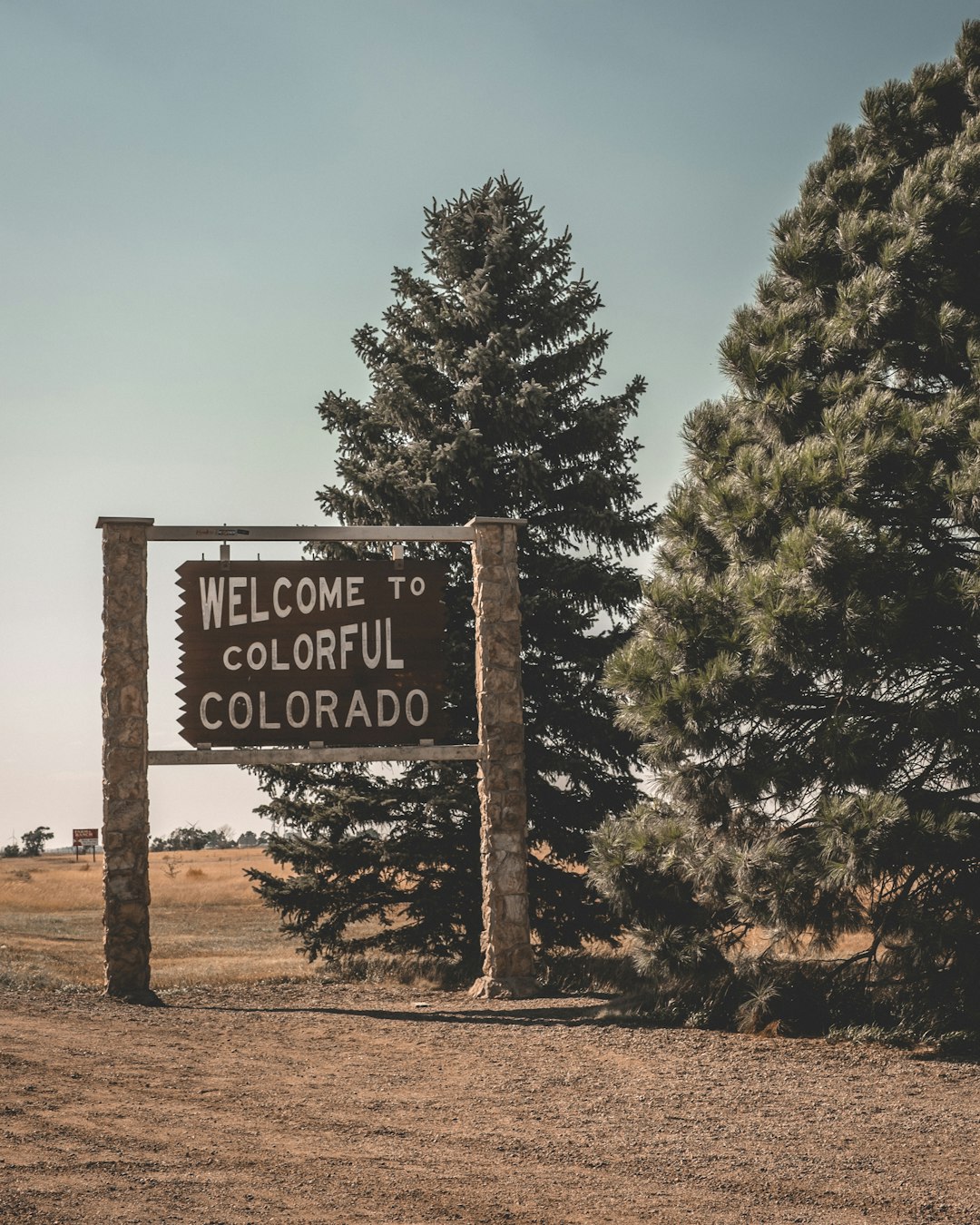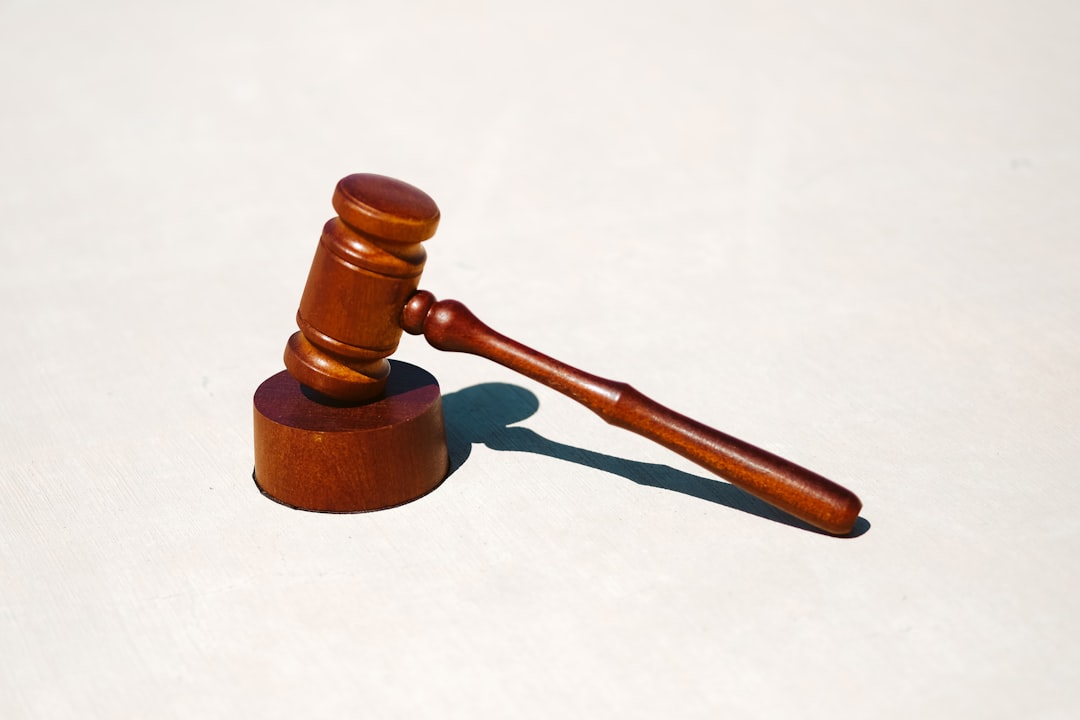Colorado maintains a stringent legal framework against school abuse, led by school abuse law firms Colorado and driven by student safety priorities. This involves mandatory reporting, confidentiality protections, staff and student training, age-appropriate sexual health education, and open communication channels. School administrators and staff are first lines of defense, with regular workshops and awareness campaigns crucial for identification and prevention. Student consent education and media literacy programs empower youth to challenge inappropriate behavior. Strategic partnerships with law enforcement and support services ensure immediate intervention and long-term care. School abuse law firms Colorado bolster these efforts through resource sharing and enhanced legal protections, fostering a culture of safety, awareness, and healing.
“In Colorado, safeguarding students from sexual abuse is a collective responsibility, with schools playing a pivotal role. This article explores comprehensive strategies for preventing and addressing sexual misconduct within educational institutions. We delve into Colorado’s legal framework, emphasizing the duty of school administrators to foster a safe environment. Key topics include student consent education, reporting mechanisms, collaboration with law enforcement, and best practices for building robust prevention programs. By understanding these components, Colorado schools can effectively empower students and mitigate risks, ensuring a secure learning environment.”
Understanding Colorado's Legal Framework for School Abuse Prevention

In Colorado, the legal framework for school abuse prevention is robust and multifaceted, driven by a commitment to safeguarding students from all forms of misconduct. State laws mandate that schools implement comprehensive policies and procedures to address and prevent sexual abuse, ensuring a safe learning environment. These regulations are enforced by various school districts and institutions, including those managed by school abuse law firms Colorado.
Key aspects include mandatory reporting of suspected abuse, strict confidentiality protocols, and thorough training for staff and students. The state’s laws also emphasize the role of education, encouraging schools to incorporate age-appropriate sexual health and safety lessons into their curricula. This holistic approach aims to empower students with knowledge while holding perpetrators accountable through clear legal channels, working together with school abuse law firms Colorado to maintain a culture of respect and protection.
The Role of School Administrators and Staff in Awareness and Reporting

School administrators and staff play a pivotal role in creating a safe learning environment by fostering awareness and promoting reporting of sexual abuse. They are often the first line of defense against potential perpetrators, as they interact with students daily. Training programs focused on recognizing signs of abuse, understanding school abuse law firms Colorado, and establishing open communication channels are essential tools for these professionals. By implementing such measures, administrators can create a culture where students feel comfortable discussing sensitive topics and reporting any incidents without fear of retaliation.
Staff members, including teachers, counselors, and support staff, should be equipped to identify potential red flags and understand the legal implications of sexual abuse within educational institutions. Regular workshops, seminars, and awareness campaigns can help keep them updated on best practices, current laws, and available resources for victims. Encouraging a reporting culture where every staff member feels responsible for student safety is crucial in preventing and addressing school-related sexual abuse effectively.
Effective Strategies for Educating Students about Consent and Boundaries

Educating students about consent and personal boundaries is a vital component of comprehensive sexual abuse prevention programs. This includes teaching young people what healthy relationships look like, how to recognize and respect individual consent, and setting clear personal boundaries. Schools in Colorado can implement interactive workshops that encourage open discussions around these topics, ensuring students understand their rights and the importance of giving and receiving permission. Role-playing scenarios can be particularly effective in helping students navigate difficult situations and build confidence in communicating their needs.
Additionally, incorporating media literacy into the curriculum allows students to critically analyze messages about consent and relationships presented in popular culture. By understanding the complexities of these issues, students become more adept at recognizing and challenging inappropriate behavior. School abuse law firms in Colorado often emphasize the importance of these educational strategies, knowing that empowering students with knowledge is a powerful tool in preventing sexual abuse.
Collaborating with Local Law Enforcement and Support Services

In implementing robust sexual abuse prevention programs, Colorado schools often partner with local law enforcement and support services to create a comprehensive safety net. These collaborations are vital, as they ensure that students receive immediate assistance and long-term care from professionals equipped to handle such sensitive matters. Local police departments play a crucial role in investigating incidents, providing security, and offering guidance on reporting procedures, thereby fostering an environment where students feel safe and supported.
Support services, including counseling agencies and non-profit organizations specializing in child protection, offer specialized assistance to victims and perpetrators. School abuse law firms in Colorado also collaborate, referring cases and sharing resources to enhance legal protections and educational awareness. This coordinated effort creates a powerful alliance against sexual abuse, promoting a culture of awareness, prevention, and healing within the community.
Building a Comprehensive Prevention Program: Resources and Best Practices

Creating a robust Sexual Abuse Prevention Program is paramount in fostering a safe learning environment for students in Colorado schools. A comprehensive approach involves integrating education, policy, and support systems tailored to address sexual abuse prevention and intervention. Effective programs start with mandatory staff training on recognizing signs of abuse, reporting procedures, and appropriate responses. This foundation enables educators and administrators to identify potential risks and intervene early.
Best practices include utilizing age-appropriate educational resources to teach students about consent, personal boundaries, and healthy relationships. Many school abuse law firms in Colorado advocate for incorporating these lessons into existing curricula. Additionally, establishing clear policies and protocols for handling allegations ensures consistency and fairness. Collaboration with local support organizations can provide valuable expertise and resources, enhancing the program’s effectiveness and ensuring students receive specialized care when needed.






